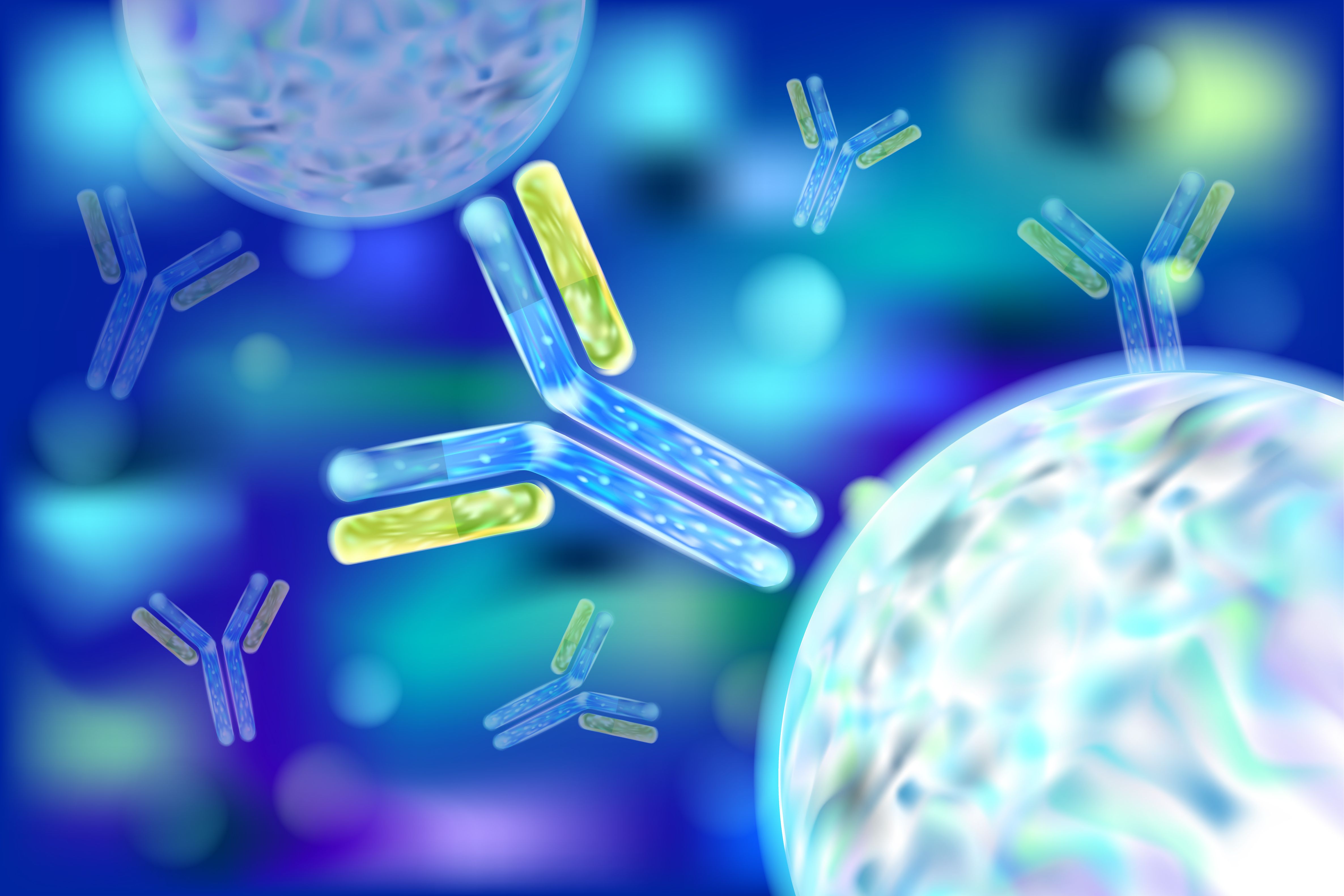News
Article
NCCN Flash Update: Changes to Colon Cancer Guidelines, Version 3.2025
Author(s):
Key Takeaways
- DPYD genotyping is now recommended before starting fluoropyrimidine chemotherapy, enhancing personalized treatment approaches in oncology.
- A new section on pharmacogenetics in the guidelines emphasizes its increasing significance in cancer care and therapeutic decision-making.
NCCN updates colon cancer guidelines, emphasizing testing for DPYD gene variants before initiating fluoropyrimidine-based chemotherapy.
The National Comprehensive Cancer Network (NCCN) has provided updates to Version 3.2025 of the NCCN Clinical Practice Guidelines in Oncology for Colon Cancer on April 24, 2025. These changes reflect an evolving understanding of pharmacogenetics and multidisciplinary care planning.1,2
“NCCN has issued updated clinical guidelines that embrace DPYD genotyping as a tool for tailoring fluoropyrimidine chemotherapy,” write Ryan S. Nelson, PharmD, medical director of precision medicine, ARUP Laboratories, and Daniel L Hertz, PharmD, PhD, associate professor of clinical pharmacy, University of Michigan College of Pharmacy, in their Pharmacy Times article DPYD Testing Gains Ground: NCCN Guideline Update Reflects Decades of Work Toward Safer Chemotherapy. “For those in the field who have worked tirelessly to translate pharmacogenetic evidence into clinical practice, this NCCN update is a welcome step toward improving safety in cancer treatment.”3
Key Updates to Colon Cancer Guidelines, Version 3.2025 on April 24, 2025
1. Pharmacogenetic Testing Footnote Revised
- New guidance on DPYD testing1:
- Testing for DPYD gene variants is now recommended to be considered before initiating fluoropyrimidine-based chemotherapy (eg, fluorouracil or capecitabine).
- Testing is noted as optional after discussion with the patient and no specific test is mandated; additionally, there remain insufficient data to support precise dose modifications based on many of the DPYD variants.
- Pharmacist action: Proactively engage in discussions on DPYD testing, particularly with oncology providers and patients receiving fluoropyrimidines. Monitor for toxicity closely if testing is deferred or variants of uncertain significance are found.
2. New Section: Principles of Pharmacogenetics
- The guidelines now include a dedicated section on pharmacogenetics, highlighting its growing importance in oncology practice.1
- Pharmacist action: This section may provide valuable insight into pharmacogenetic applications, including how to approach DPYD testing and incorporate genetic data into therapeutic decisions.
3. Workup Recommendation Removed
- Change: The guideline no longer recommends referral to an enterostomal therapist for preoperative site marking and teaching as part of the standard workup for resectable (non-metastatic) colon cancer.1
- Implication for pharmacists: While this may not directly impact medication therapy, pharmacists involved in pre-operative education or enhanced recovery pathways may benefit from being aware of changes to patient preparation practices.
Bottom Line for Pharmacists
These updates underscore NCCN’s acknowledgement of the importance of personalized medicine and may also signal a broader shift toward support for integrating genetic testing into routine oncology care.
Overall, pharmacists could integrate these updates into workflow by:
- Supporting DPYD testing discussions with patients and providers.
- Monitoring for future refinements in pharmacogenetic dosing recommendations.
- Collaborating with oncology teams to adjust treatment plans as genetic testing becomes more embedded in standard care.
As the role of pharmacogenetics expands in oncology, pharmacists remain central to ensuring safe and effective cancer care. The NCCN’s updates to the Colon Cancer Guidelines (Version 3.2025) highlight opportunities where pharmacists can lead in the implementation of precision medicine best practices.
“Pharmacists are ideally positioned to lead DPYD implementation by ensuring testing is offered, interpreting test results, and educating providers,” write Nelson and Hertz in their Pharmacy Times article. “With the FDA and NCCN recommending clinicians discuss testing with patients, pharmacists in the United States have a professional, ethical, and likely legal responsibility to ensure testing was offered and completed, or refused by the patient, before approving fluoropyrimidine treatment orders to safeguard patients receiving fluoropyrimidine chemotherapy from severe toxicity.”3






